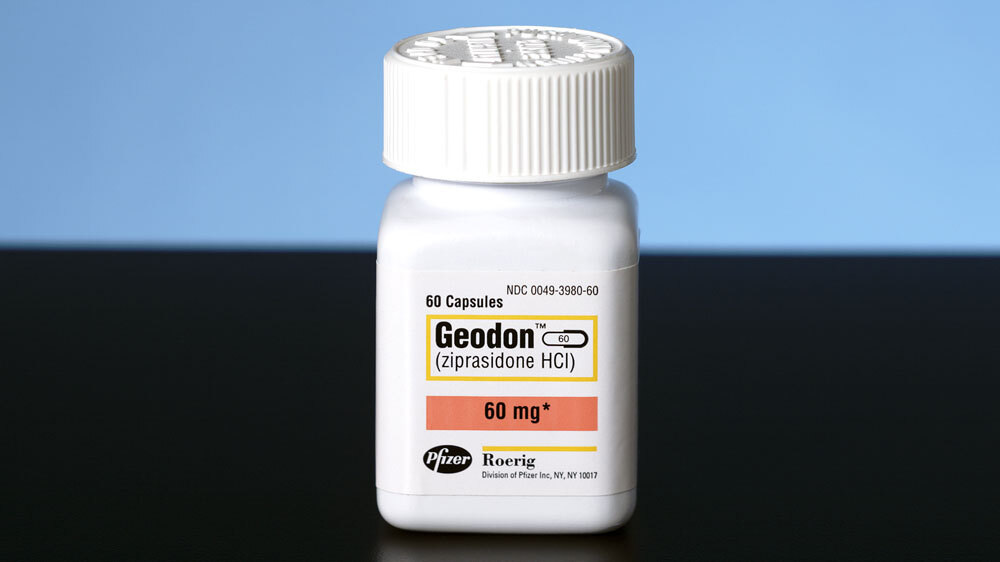Geodon is a medication used to treat schizophrenia and bipolar disorder. It belongs to a class of drugs called atypical antipsychotics. As with any medication, it is important to understand the potential side effects before taking Geodon. In this blog post, we will take a quick look at the side effects associated with Geodon use. We will also provide some tips on how to reduce the risk of experiencing these side effects.
Contents
Understanding Geodon (Ziprasidone)
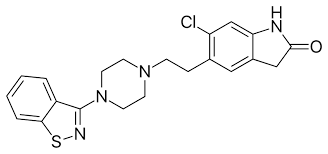
Geodon (Ziprasidone) is a prescription medication used to treat schizophrenia and acute mania or mixed episodes associated with bipolar disorder in adults. It is also used off-label for the treatment of other mental health conditions, including depression and anxiety disorders.
This medication belongs to a class of drugs called atypical antipsychotics (also known as second-generation antipsychotics). It works by changing the activity of certain chemicals in the brain, thereby, helping you think clearly and have control over your emotions.
Action Mechanism
Ziprasidone works by decreasing abnormal activity in the brain. It is believed to work by blocking dopamine and serotonin receptors on nerve cells in the brain. It also affects other neurotransmitters including acetylcholine, histamine, etc.
- Acetylcholine: It is a chemical that helps to keep the brain sharp and alert.
- Serotonin: It is another neurotransmitter involved in regulating mood, sleep, memory, and appetite.
- Histamine: Histamine plays an important role in inflammation by causing allergic reactions and chronic inflammation of your airways or lungs, which can lead to asthma attacks.
Most Important Information About Geodon (Ziprasidone)
There are some specific things that you should be aware of before taking Geodon, including the following. Ziprasidone:
- Can cause you to gain weight.
- May increase the risk for heart problems, especially in people who already have heart problems.
- May lower the number of white blood cells in your body, which could increase your risk for infection.
- Can also affect how well your body handles sugar and may increase your risk of developing diabetes.
- Can cause a condition called tardive dyskinesia (TD), which causes you to make repetitive movements that you cannot control, such as chewing or lip-smacking.
- May increase the risk of death in elderly people with dementia-related psychosis (a mental disorder that affects thinking, feeling, and behavior).
- If you have liver disease, your doctor will monitor your condition closely while taking ziprasidone and may adjust your dose or discontinue treatment as needed.
Specific Concerns About Geodon (Ziprasidone) And Pregnancy
Pregnancy: There is a risk for birth defects if you take ziprasidone during pregnancy. Talk to your doctor about the risks and benefits of taking ziprasidone while pregnant.
Breastfeeding: Ziprasidone may pass through breast milk and cause side effects in a breastfeeding baby. Talk to your doctor about the risks and benefits of taking ziprasidone while breastfeeding.
Thus, Ziprasidone should not be used during pregnancy unless the benefits outweigh the risks. It is important to talk to your doctor about all possible options before taking this medication if you are pregnant or plan on becoming pregnant shortly.
Things I Should Discuss With My Doctor
There are a few other things that you should discuss with your doctor before taking Ziprasidone, including the following:
- Your overall health, including any other medical conditions you may have.
- If you are pregnant or plan on becoming pregnant.
- How you will monitor your weight while taking this medication.
Administering Geodon (Ziprasidone)
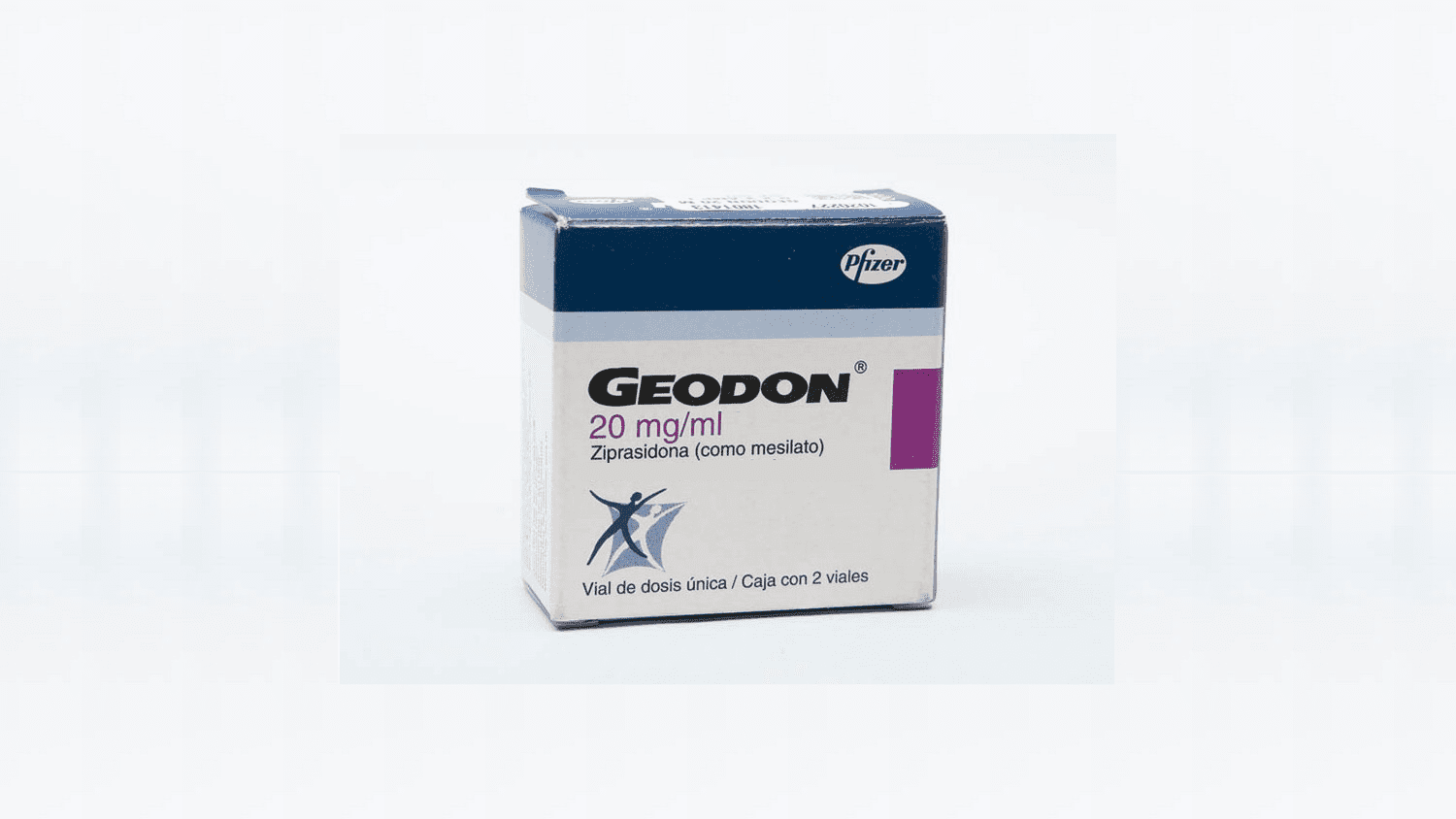
Geodon is available as an oral capsule, a solution to be taken by mouth, and an injection. The oral capsules are available in 40mg, 60mg, and 80mg strengths.
How Should I Take Geodon (Ziprasidone)?
It comes as a tablet or capsule that is typically taken twice daily with food for schizophrenia treatment at doses of 20-80 mg/day. It can also be taken once daily with food for bipolar disorder treatment at doses of 40-160mg/day.
- Ziprasidone can be taken with or without food but should be taken at the same time each day.
- Swallow Geodon capsules whole – do not crush, chew, or open them before swallowing.
- You can mix with Geodon Oral Solution with water, apple juice, cranberry juice, or grapefruit juice just before taking.
What Will Happen If you Miss a Dose of Geodon (Ziprasidone)?
The best way to avoid missing a dose is by setting an alarm on your phone or watch that reminds you when it’s time for the next one. The goal here is simply not to forget about it, so don’t worry if you do miss a dose every once in a while.
If it’s close to the time of your next dose, just take the one that’s scheduled and don’t worry about it. However, if you miss more than one dose or forget to take Ziprasidone for an extended period, contact your doctor immediately.
What Happens If I Overdose With Geodon (Ziprasidone)?
An overdose of ziprasidone can be fatal. The first symptoms are usually drowsiness, nausea, vomiting, and diarrhea. Other signs may include a fast heartbeat or low blood pressure (hypotension). If you suspect an overdose, contact your local poison control center immediately at 800-222-1222 or call 911.
What Should I Avoid While Taking Geodon (Ziprasidone)?
Some medicines can cause unwanted or dangerous effects when used with ziprasidone, especially:
- Certain antibiotics (such as clarithromycin and telithromycin),
- Heart rhythm medicines (such as amiodarone, disopyramide, dofetilide, flecainide, ibutilide, quinidine), and
- HIV medicines (such as atazanavir, indinavir, nelfinavir, ritonavir).
Avoid drinking alcohol while taking Geodon because it can increase the risk of side effects such as drowsiness and dizziness. Professionals recommend that you should not drive or operate heavy machinery if you are taking this medication.
NOTE: Make sure to tell your doctor about all the medications you are taking before starting ziprasidone.
What Happens If I Stop Taking Geodon (Ziprasidone)?
If you stop taking ziprasidone suddenly, you may experience some withdrawal symptoms. These can include nausea, vomiting, diarrhea, and dizziness. Your doctor may recommend a gradual dose reduction to help minimize these effects.
How Long Does It Take For Geodon (Ziprasidone) To Work?
Most people notice the effects of ziprasidone within one to two weeks of starting treatment. It can take up to six weeks for this medication to reach its maximum effectiveness, so don’t expect any results right away.
Evaluating Geodon (Ziprasidone)
So, is Geodon a good medication for you? This depends on your situation and health history. Moreover,
Side Effects Of Geodon (Ziprasidone)
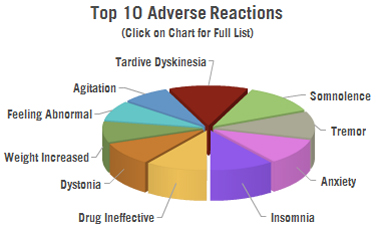
Common Side Effects
The most common side effects of ziprasidone include:
- Drowsiness,
- Nausea, vomiting, diarrhea,
- Weight gain, and
- Akathisia (restlessness or feeling like you need to move constantly).
Rare/Serious Side Effects
Less common but more serious side effects can include:
- Tardive Dyskinesia (involuntary muscle movements),
- Increased risk of suicidal thoughts,
- Heart problems such as prolonged QT interval on the electrocardiogram and heart rhythm abnormalities.
NOTE: Ziprasidone should not be used in children younger than 12 years old for the treatment of schizophrenia. Also, Ziprasidone is not approved for use in children younger than 18 years old for the treatment of bipolar disorder. Furthermore, Ziprasidone is not recommended for use in anyone over the age of 65.
Risks For Taking Geodon (Ziprasidone) For Long Time
- Geodon can also cause an increased risk for blood clots, especially in older adults who are at risk for this condition.
- It can also increase the risk of seizures, especially if you have a history of seizures or take certain other medications.
- Ziprasidone may also cause low blood pressure (hypotension), especially when standing up from a sitting or lying down position. This can sometimes lead to fainting. Be sure to tell your doctor if you experience any symptoms such as lightheadedness, dizziness, or palpitations.
- Geodon may increase the risk of developing diabetes, especially in people who have had a history of weight gain, high blood sugar levels (hyperglycemia), or other predisposing factors. It is recommended that you get your fasting blood glucose and cholesterol levels checked at least once per year while taking this medication.
- Ziprasidone may also increase the risk for tardive dyskinesia (involuntary muscle movements), which can be irreversible in some cases. This risk is highest when taking the medication for long periods (more than 12 weeks). Tell your doctor right away if you notice any unusual movements such as sticking out of the tongue, puffing of cheeks, or smacking lips. These may be early signs of tardive dyskinesia.
Medications That May Interact With Geodon (Ziprasidone)
Medications that can interact with ziprasidone include:
- Certain antibiotics (such as clarithromycin and telithromycin),
- Heart rhythm medicines (such as amiodarone, disopyramide, dofetilide, flecainide, ibutilide, quinidine), and
- Antifungal medications (such as itraconazole, ketoconazole).
Effects of Interactions on Body
- Geodon can also cause a rapid or irregular heartbeat (arrhythmia), especially when taken with certain other medications.
- Ziprasidone may also cause low blood pressure (hypotension), especially when standing up from a sitting or lying down position. This can sometimes lead to fainting. Be sure to tell your doctor if you experience any symptoms such as lightheadedness, dizziness, or palpitations.
- Ziprasidone may increase the level of prolactin, a hormone that is produced by the pituitary gland. This could lead to problems such as enlarged breasts, missed menstrual periods, and leakage of milk from the nipples. Some women also develop decreased sex drive and difficulty getting pregnant while taking ziprasidone.
NOTE: It is important to discuss all the risks and benefits of taking ziprasidone with your doctor before making a decision. And as always, if you experience any serious side effects while taking this medication, contact your doctor right away.
Alternatives To Geodon (Ziprasidone)
Doctors may prescribe several other medications instead of Geodon, depending on your situation.
Some examples include:
- Risperdal (risperidone),
- Aripiprazole (Abilify),
- Olanzapine (Zyprexa),
- Latuda (lurasidone),
- Aristada (aripiprazole extended-release injectable suspension), and
- Quetiapine fumarate extended-release tablets (Seroquel XR)
Many different types of antidepressants can help with certain symptoms of schizophrenia and bipolar disorder. These include:
- Selective serotonin reuptake inhibitors (SSRIs): fluoxetine (Prozac), paroxetine (Paxil), sertraline (Zoloft)
- Serotonin and norepinephrine reuptake inhibitors (SNRIs): venlafaxine (Effexor XR), duloxetine (Cymbalta)
- Tricyclic antidepressants: imipramine (Tofranil), nortriptyline (Pamelor)
- Monoamine oxidase inhibitors (MAOIs): phenelzine (Nardil), tranylcypromine sulfate (Parnate)
- Atypical antidepressants: mirtazapine or bupropion
NOTE: Discuss all of your treatment options with your doctor to find the best medication for you.
The Bottom Line
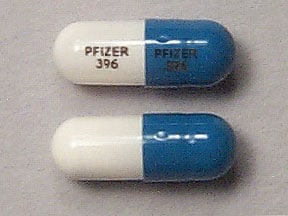
Overall, Geodon is a fairly well-tolerated medication. However, like with any other drug, there are some potential side effects that you should be aware of before starting treatment. It’s important to discuss all the risks and benefits of taking ziprasidone with your doctor before making a decision. And as always, if you experience any serious side effects while taking this medication, contact your doctor right away.
DISCLAIMER: This is not medical advice. Please consult your doctor before taking any medications, supplements, or herbal remedies.
Managing Side-effects of Geodon (Ziprasidone)
If you are experiencing any side effects while taking Geodon, there are a few things that you can do to help manage them.
General Tips
- Drinking plenty of water: Staying hydrated can help reduce some of the common side effects of Geodon, such as dry mouth and constipation.
- Eating a healthy diet: Eating nutritious foods can help your body to better absorb and process the medication.
- Exercising regularly: Exercise can help to improve mood and overall well-being, which can be helpful if you are feeling side effects from the medication.
Additional Tips
These tips are for specific side effects:
- Dry Mouth – Sucking on hard candy or chewing sugar-free gum can help to stimulate saliva production. Drinking plenty of fluids can also help.
- Constipation – Eating high-fiber foods, drinking plenty of fluids, and exercising regularly can help to prevent constipation.
- Diarrhea – Avoid alcohol and caffeine, which can irritate your stomach. Drink plenty of fluids to replace the fluid that is lost through diarrhea.
- Weight Gain – Exercising regularly and eating a healthy diet can help with weight management or loss.
NOTE: If you are experiencing any serious side effects, be sure to contact your doctor right away.
Experts’ Opinion About Geodon (Ziprasidone)
“Geodon is a medication that works by preventing the reuptake of serotonin and norepinephrine in the brain. It is effective at treating depression, panic disorder, social anxiety disorder (SAD), obsessive-compulsive disorder (OCD), posttraumatic stress disorder (PTSD), and attention deficit hyperactivity disorder (ADHD). It also helps reduce symptoms of schizophrenia and bipolar disorder.”
– Dr. Mark Hyman
“Geodon is a very good medication for treating the symptoms of ADHD, but it has some serious side effects that limit its use in children under 18 years old. In addition to causing weight gain and sleepiness, Geodon can increase the risk of heart problems, suicidal thoughts and behaviors, and tics. It can also cause a rare but serious condition known as a neuroleptic malignant syndrome (NMS).”
– Dr. Richard Wurtman
Case Study
“George is a 38-year-old man who has bipolar disorder. His doctor prescribed him Geodon to help control his symptoms. George has been taking the medication for about two weeks and has noticed some changes in his mood and behavior. He is now more irritable and angry than he used to be, and he’s having a hard time sleeping. He’s also been having problems with constipation and has developed a rash on his chest.”
The Key Message
George should talk to his doctor about these symptoms. It’s possible that he is experiencing side effects from the Geodon, or that it isn’t working well for him. His doctor may decide to switch him to another medication, such as quetiapine or aripiprazole.
Conclusion
While Geodon may be a good medication for some people, it is not always the best choice. If you are experiencing any unusual or severe side effects, be sure to talk to your doctor about alternatives. There are many different medications available and each person’s situation is unique, so it’s important to find the right one for you.
A Word From Therapy Mantra
Your mental health — Your psychological, emotional, and social well-being — has an impact on every aspect of your life. Positive mental health essentially allows you to effectively deal with life’s everyday challenges.
At TherapyMantra, we have a team of therapists who provide affordable online therapy to assist you with issues such as depression, anxiety, stress, workplace Issues, addiction, relationship, OCD, LGBTQ, and PTSD. You can book a free therapy or download our free Android or iOS app.
